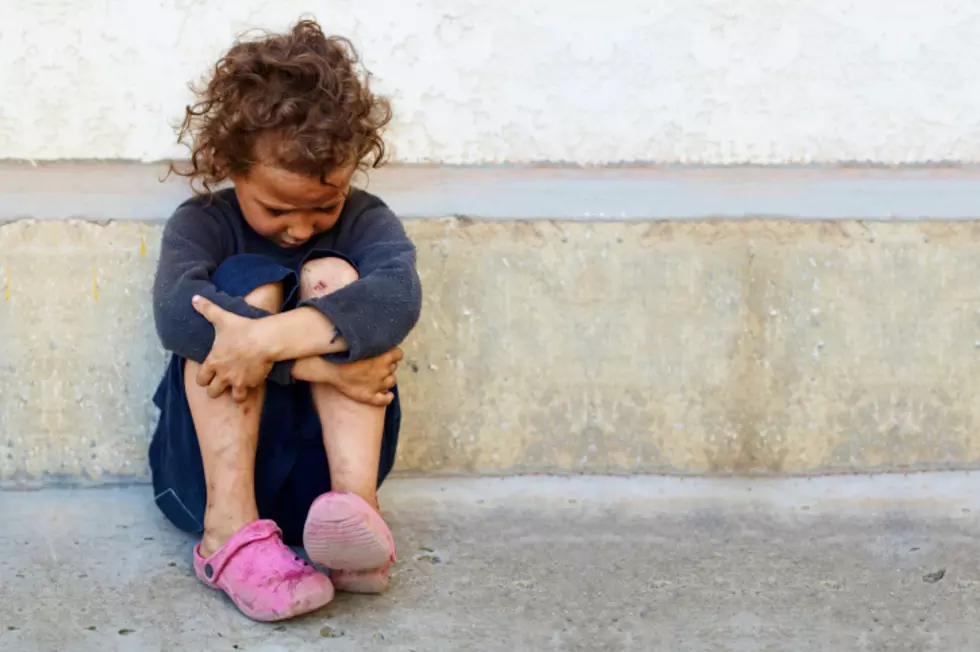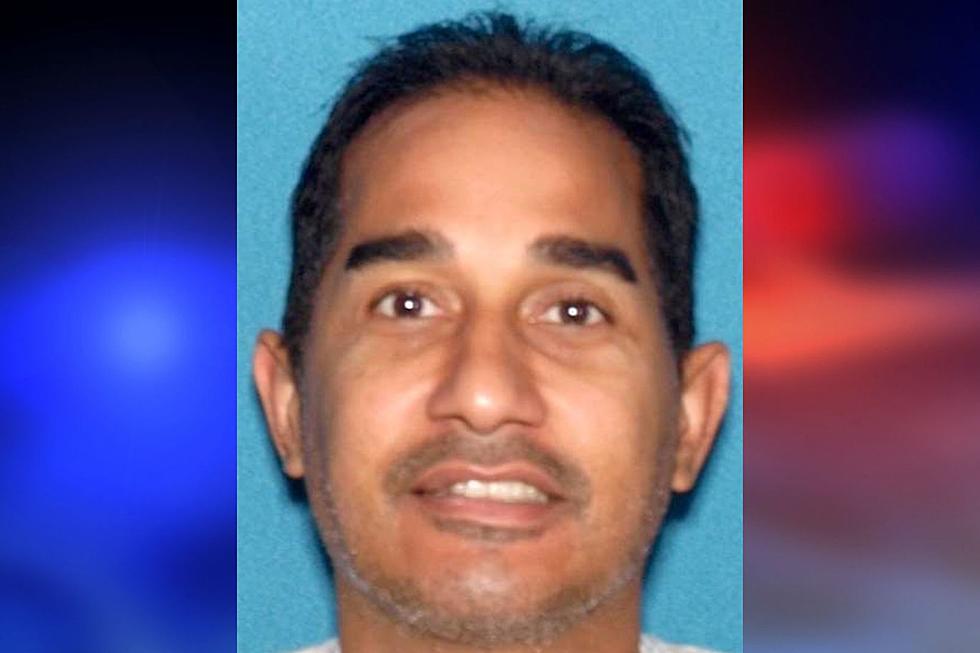
Report: How NJ can limit impact of childhood trauma
New Jersey isn't as knowledgeable as it could be on the lasting health and well-being effects of stressful or traumatic childhood events experienced by children in the state, according to a new report.
But statistics suggest hundreds of thousands of New Jersey children have dealt with one of these events, or more than one, at some point in their lives.
"What is missing in New Jersey is a comprehensive look at this, at how we can maximize everything that's happening with the resources that we have," said Arturo Brito, executive director of The Nicholson Foundation, one of three foundations (the Burke Foundation and the Turrell Fund) that make up the New Jersey Funders ACEs Collaborative, which co-authored the report with consulting firm FSG.
ACEs, or adverse childhood experiences, have touched more than 4 out of 10 children in the Garden State, according to the report's analysis of national data. Nearly half of these impacted children experienced multiple ACEs, which can include abuse or neglect, domestic violence in the household, household substance misuse, or parental separation or divorce.
Research has shown that certain demographics are at higher risk of exposure to ACEs, such as children of color, those from low-income backgrounds, and foster children.
And without a proper support system in place, such as a nurturing caregiver, ACEs can lead to toxic stress that puts affected children at increased risk of depression, obesity, substance use problems and chronic health issues such as heart disease and cancer, the report notes.
"It can also impact the likelihood of finishing high school," Brito added. "It can also impact the likelihood of ending up in the juvenile justice system and later on in the adult criminal justice system."
The ACEs report also points to a clear intergenerational link, suggesting parents who experience trauma and toxic stress are more likely to have children who experience the same.
"Families need the public and private sectors to come together with strategies that promote healing and resilience through prevention and post-crisis clinical and non-clinical services," said Christie Norbut Beyer, commissioner of the New Jersey Department of Children and Families. "We can break the generational cycle of trauma by introducing positive experiences that counter — and ultimately remediate —the adverse events, helping New Jersey residents to be safe, healthy and connected."
The report cites a "strong cadre" of professionals and coalitions in New Jersey working to address the issue. But a lack of coordinated action is resulting in missed opportunities. Compared to other states, according to the report, New Jersey also has fewer comprehensive data-collection efforts to assess the burden of these adverse events.
The Collaborative considers their report a launching point for a statewide discussion about the problem, which will eventually lead to a statewide action plan to address ACEs.
"The next step is to have a series of meetings ... where we're going to get ideas from people around the state, both in the public and private sector," Brito said.
Taking notes from other states, and drawing from interviews with key stakeholders and practitioners in New Jersey, the report highlights five major areas for action:
- Supporting parents and caregivers
- Providing training and professional development in trauma-informed care
- Promoting community awareness of ACEs
- Advancing policies and practices that help children and families thrive
- Collecting, analyzing, and sharing data and research
More from New Jersey 101.5:
Contact reporter Dino Flammia at dino.flammia@townsquaremedia.com.
More From New Jersey 101.5 FM








![Governor Christie Saddened By Camden Decapitation Case [AUDIO]](http://townsquare.media/site/385/files/2012/08/AskGov2.jpg?w=980&q=75)
